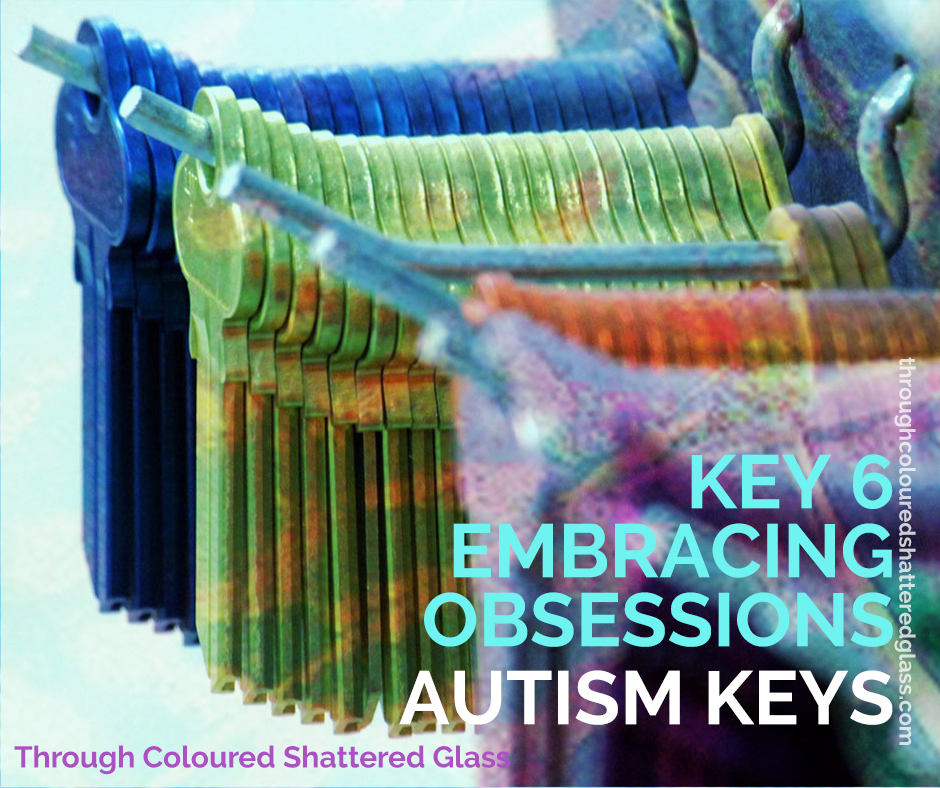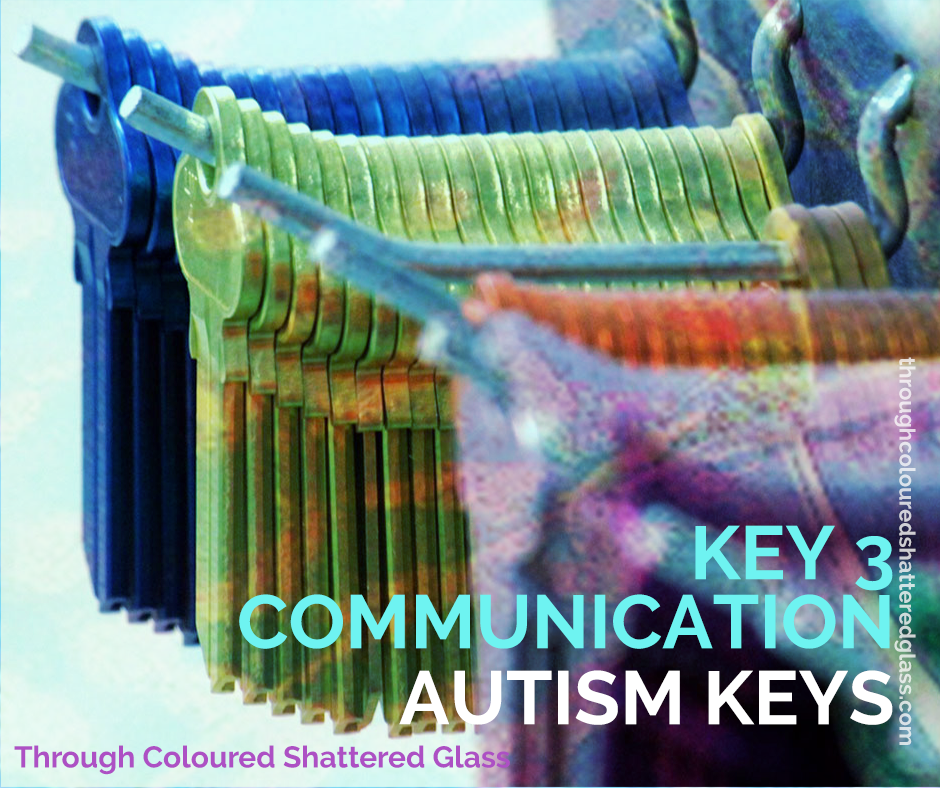
Autism Keys 7. Emotion
I did my honours thesis in Emotional Intelligence, and was surprised at how little
people understood about emotion generally, so was determined my children would learn about them.

I did my honours thesis in Emotional Intelligence, and was surprised at how little
people understood about emotion generally, so was determined my children would learn about them.

From the end of that week I changed my point if view about obsessions. I welcomed them, using them for teaching, because they gave me so much: interest, incentive and ability for my lad to concentrate.

Unfortunately, setting up a predictable world, with structured activities and a full time schedule, (which is often the suggested way to raise infants these days), is creating a picture of structure and predictability. If this is where your child on the spectrum begins, their ability to adapt can be much less.

Being the primary carer for a child who expects the world to be a certain way is hard work, and often makes you the easy target for their anger. Blame is an all too typical issue with kids on the spectrum, and as your praise and cuddles might not be the source of comfort they are looking for, it makes a solid relationship difficult to establish and nourish.

Communication comes third, and this is not just speaking, listening, sign language or pointing. It encompasses so many things.